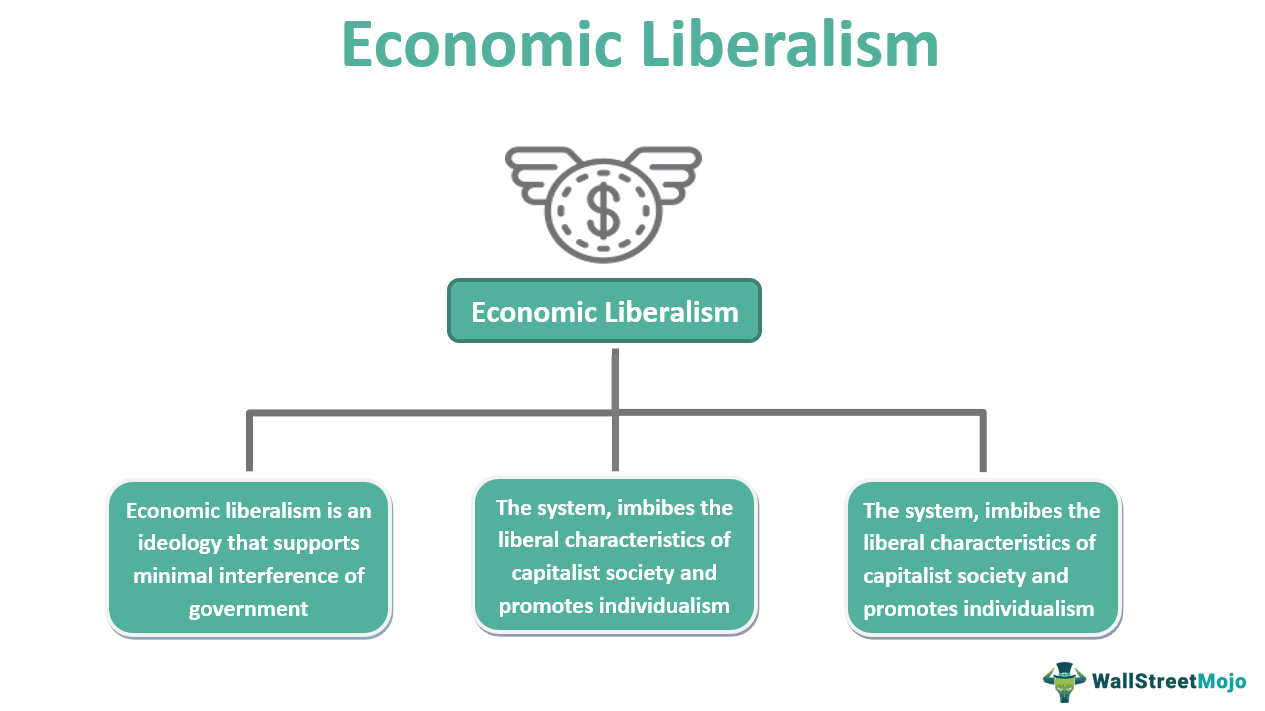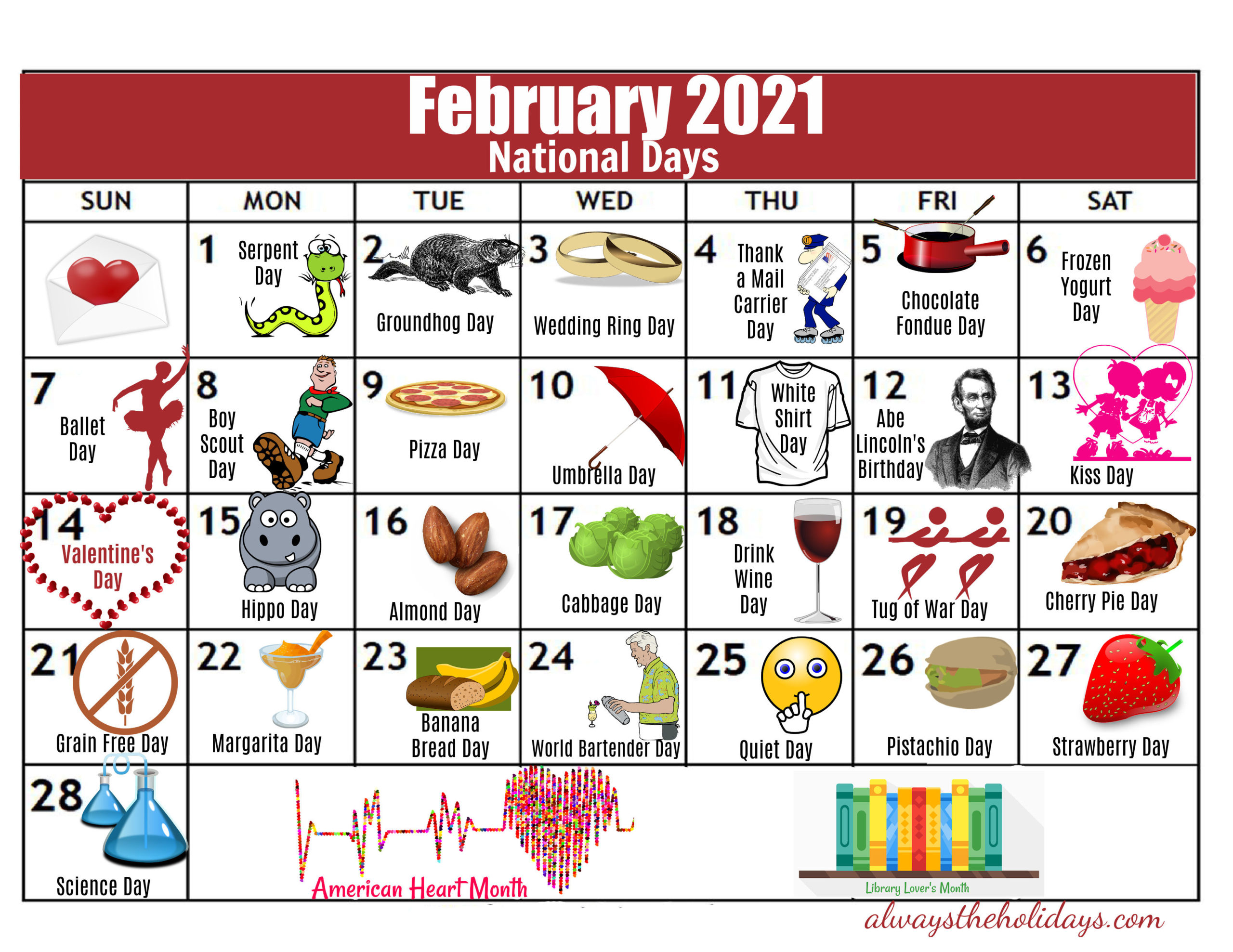Is It ADHD? 8 Common Yet Subtle Signs In Adults

Table of Contents
Difficulty Focusing and Maintaining Attention
Adults with ADHD often experience significant challenges focusing on tasks, even those they find interesting. This isn't simply laziness; it's a neurological difference impacting their attention deficit disorder. This difficulty with concentration difficulties extends beyond simple distractions; it's a core symptom of the condition. Effective task switching is also often a struggle.
- Frequent daydreaming or mind-wandering: During work, meetings, or even conversations, your mind might drift frequently.
- Incomplete tasks: You might start many projects but struggle to finish them, leading to feelings of overwhelm.
- Distractibility: Minor distractions significantly disrupt your productivity and concentration.
- Conversation derailment: You may struggle to stay on track during conversations, losing your train of thought easily.
- Information overload: The sheer volume of information and tasks can feel overwhelming and impossible to manage.
Hyperactivity or Restlessness (May Be Internal)
While hyperactivity is often associated with childhood ADHD, in adults it may manifest as internal restlessness, anxiety, or excessive talking. This internal restlessness can be a significant source of stress and anxiety, contributing to impulsivity. This is often overlooked, particularly in women with ADHD, leading to missed diagnoses. Understanding the subtle signs of hyperactive ADHD in adults is critical.
- Constant feeling of being “on edge”: Even in relaxed situations, you might feel a persistent sense of unease and restlessness.
- Fidgeting and difficulty sitting still: You may find it hard to remain seated for extended periods.
- Feeling “wired”: A constant sense of being energized or unable to calm down is common.
- Impulsivity: You might act or speak impulsively, leading to regrettable decisions or strained relationships.
- Excessive talking or interrupting: Difficulty controlling speech can manifest as constant talking or interrupting others.
Poor Time Management and Organization
Struggling with time management and organization is a hallmark of ADHD. This isn't a lack of trying, but a genuine difficulty processing and prioritizing information, leading to significant planning difficulties. This often translates into practical challenges in daily life.
- Chronic lateness or missed appointments: Consistent tardiness is a common indicator.
- Prioritization problems: Difficulty prioritizing tasks and managing workload effectively.
- Procrastination: Delaying tasks, even important ones, despite knowing the consequences.
- Cluttered environment: A disorganized workspace and personal belongings reflect internal disorganization.
- Long-term goal challenges: Problems planning and following through on long-term projects or goals.
Impulsivity and Poor Decision-Making
Impulsivity can lead to regrettable financial decisions, relationship problems, or risky behaviors. This isn't a character flaw, but a symptom requiring management and understanding. It's a key characteristic of ADHD that impacts many areas of life.
- Quick decisions without considering consequences: Acting hastily without forethought.
- Risky behaviors: Engaging in activities like substance abuse or reckless driving.
- Emotional outbursts: Difficulty controlling emotions leading to impulsive reactions.
- Frequent changes: Job hopping, relationship instability, and frequent changes in hobbies.
- Financial struggles: Impulsive spending habits leading to financial difficulties.
Forgetfulness and Memory Problems
Challenges with short-term memory and working memory are extremely common in adults with ADHD. This isn't just forgetfulness; it's a difficulty with cognitive processing and information retention.
- Misplacing belongings: Frequently losing or forgetting where you put things.
- Forgetting appointments: Missing important meetings or deadlines.
- Name and face recognition issues: Difficulty remembering names or faces, even of people you see regularly.
- Information retention challenges: Struggling to retain information from conversations or meetings.
- Incomplete tasks: Forgetting to complete assigned tasks or follow through on commitments.
Emotional Dysregulation
Adults with ADHD may experience significant challenges regulating their emotions, leading to mood swings, irritability, and frustration. This emotional instability can significantly impact relationships and overall well-being.
- Mood swings and outbursts: Sudden shifts in mood and emotional reactions.
- Stress management difficulties: Finding it hard to cope with stress or frustrating situations.
- Emotional overwhelm: Feeling easily overwhelmed by strong emotions.
- Increased irritability and impatience: A heightened sense of frustration and impatience.
- Difficulty managing anger or sadness: Struggling to cope with and process negative emotions effectively.
Low Self-Esteem and Feelings of Failure
The persistent struggles associated with ADHD can lead to feelings of inadequacy, low self-esteem, and self-doubt. The constant challenges can erode confidence and create a cycle of negative self-perception.
- Self-criticism and negative self-talk: Engaging in harsh self-judgment and negative thoughts.
- Feeling like a failure: Despite efforts, feelings of inadequacy and failure persist.
- Difficulty accepting compliments: Struggling to accept positive feedback or praise.
- Persistent feelings of incompetence: A persistent feeling of being less capable than others.
- Avoidance of challenges: Avoiding new challenges due to fear of failure.
Sleep Disturbances
Sleep disturbances are a common comorbidity with ADHD, further exacerbating existing symptoms. Poor sleep significantly impacts focus, mood regulation, and overall cognitive function.
- Insomnia: Difficulty falling asleep or staying asleep throughout the night.
- Restless sleep: Frequent awakenings or restless sleep patterns.
- Unrefreshed feeling: Waking up feeling tired even after a full night's sleep.
- Excessive daytime sleepiness: Experiencing fatigue and sleepiness during the day.
- Sleep aid reliance: Using sleep medication to fall asleep or stay asleep.
Conclusion:
Experiencing several of these subtle signs of adult ADHD doesn't automatically mean you have the condition, but it warrants a professional evaluation. Don't let undiagnosed ADHD impact your life further. If you suspect you might have adult ADHD, contact a healthcare professional or psychiatrist to explore options for diagnosis and treatment. Understanding the nuances of ADHD symptoms, particularly the subtle signs in adults, is vital for accurate diagnosis and effective management. Taking the first step towards understanding and managing potential adult ADHD is a crucial step towards improving your overall well-being. Schedule an assessment today to explore whether adult ADHD treatment could be beneficial for you.

Featured Posts
-
 Trumps Next 100 Days A Deep Dive Into Trade Deregulation And Executive Actions
Apr 29, 2025
Trumps Next 100 Days A Deep Dive Into Trade Deregulation And Executive Actions
Apr 29, 2025 -
 Ftc Appeals Microsoft Activision Merger Ruling
Apr 29, 2025
Ftc Appeals Microsoft Activision Merger Ruling
Apr 29, 2025 -
 Nyi Rafdrifin Porsche Macan Oell Upplysingar
Apr 29, 2025
Nyi Rafdrifin Porsche Macan Oell Upplysingar
Apr 29, 2025 -
 What We Learned About Treasuries On April 8th
Apr 29, 2025
What We Learned About Treasuries On April 8th
Apr 29, 2025 -
 February 20 2025 A Day Of Happiness
Apr 29, 2025
February 20 2025 A Day Of Happiness
Apr 29, 2025
Latest Posts
-
 Federal Funding Cuts A Deep Dive Into Trump Countrys Struggle
Apr 30, 2025
Federal Funding Cuts A Deep Dive Into Trump Countrys Struggle
Apr 30, 2025 -
 Richmond Gun Case Man Sentenced For Endangering Child
Apr 30, 2025
Richmond Gun Case Man Sentenced For Endangering Child
Apr 30, 2025 -
 Man Sentenced After Hiding Gun From Child In Richmond
Apr 30, 2025
Man Sentenced After Hiding Gun From Child In Richmond
Apr 30, 2025 -
 How Federal Funding Cuts Affect Trump Countrys Economy
Apr 30, 2025
How Federal Funding Cuts Affect Trump Countrys Economy
Apr 30, 2025 -
 Destination Nebraska Act And The Future Of Gretnas Rod Yates Project
Apr 30, 2025
Destination Nebraska Act And The Future Of Gretnas Rod Yates Project
Apr 30, 2025
